Faculty Pipeline Initiative Is a National Model
Nov 2, 2016, 10:57 AM
For over 30 years, the Big Ten Academic Alliance Graduate Deans have fostered pipeline programs designed to increase the number of URM graduate student enrollments and faculty candidates. The Professorial Advancement initiative is now seen as a national model for its multi-pronged approach
For over 30 years, the Big Ten Academic Alliance Graduate Deans have fostered pipeline programs designed to increase the number of underrepresented minority (URM) graduate student enrollments and faculty candidates. The significant underrepresentation of African Americans, Hispanic Americans, Pacific Islanders, and Native Americans in STEM disciplines is of national concern, particularly among the university faculty members who are educating the next generation of STEM scholars.
To address this issue, the Graduate Deans created the Professorial Advancement initiative funded by a $1.2 million National Science Foundation grant under the Alliance for Graduate Education and Professoriate Transformation program. Employing a multi-layered strategy, the goal of the project is to double the hiring rate of URM faculty in STEM disciplines among Big Ten campuses.
Individual Change
Through cross-institutional mentoring and coaching, the program is preparing more than 100 Big Ten URM postdoctoral scholars to transition to tenure-track faculty positions, including an online professional development program designed for focused skill development. The postdoctoral scholars also enroll in an online searchable directory used by search committees for faculty recruitment.
Systemic Change
Increasing diversity in our institutions goes beyond developing the individual—a systemic change is also necessary. Partnering with top academics on unconscious bias, a team of trainers has developed video case studies and facilitation guides that are being used to supplement current institutional training. The Professorial Advancement training team offers faculty hiring workshops for campus search committees using these videos to facilitate discussion and understanding about fair and inclusive hiring practices that improve quality and diversity. The NSF funding of this project allows the training team to visit member campuses and provide these trainings at no cost.
Now seen as a national model for advancing underrepresented populations in STEM, this project is successful because of the collaborative work of the graduate deans, administrators, and faculty across the consortium. Recently, the project was applauded by NSF for being forward thinking in its approach to increasing the number of URM faculty in STEM.

